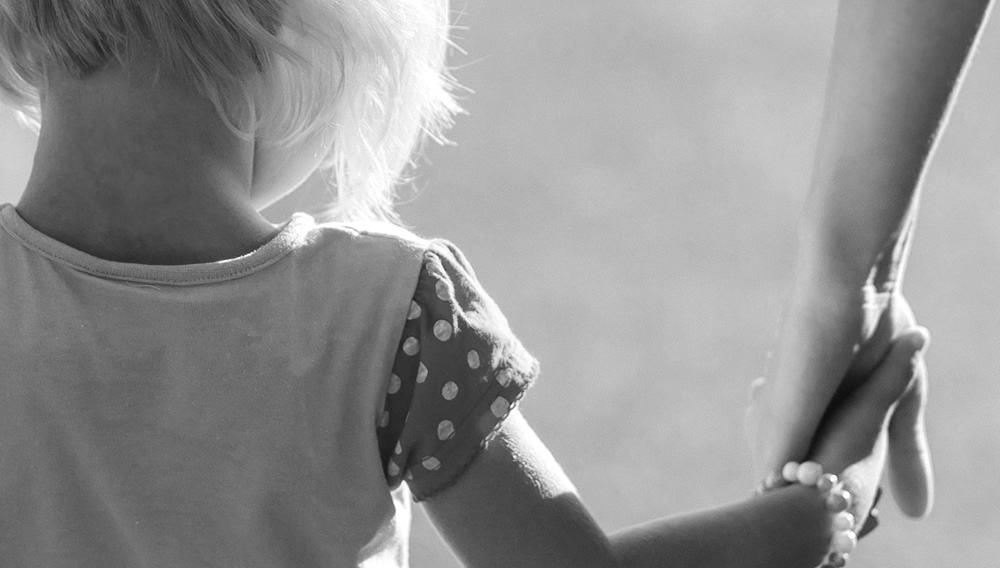Parashat Vayelekh/Yom Kippur
Deuteronomy 31:1 – 31:30
Up to this point, Moses’ long oration has been delivered before the entire assembly of Israel. This Torah portion tells us that, after the people went back to their own homes, Moses went (- Va-yelekh) after them and spoke to them some more. The shift creates an atmosphere that expresses the shift that the people are undergoing. They are losing their leader, the only leader they have ever known. But this is not only a socio-political shift; it is a profoundly personal moment. Moses has come off of his podium because he has come off of his leadership position. He speaks intimately about this loss of powers as he nears his end.
There have been many amazing and powerful moments in Moses’ career as Israel’s leader. He brought about the plagues and led Israel to freedom. He split the Red Sea. He stood above them at Mount Sinai and gave them the Torah. And on and on. These were public moments of impressive impact. But now, as the people begin to wonder how they will be able to cope with his loss, how they will be able to go on without him, Moses seeks to reassure them by subtly touching on his most unique and momentous achievement, an achievement that took place away from anyone’s sight.
Moses seeks to calm the anxious people: “Be strong and courageous! Do not be in fear and dread before them [- your enemies], for the Eternal, your Almighty God is the One Who walks with you; God will not let go of you (lo yarp’kha) or abandon you.” (Deut. 31:6)
God will not let go of Israel. The image is of holding tightly to someone or something. It is like a grownup holding tightly to the hand of a small child, refusing to let go as they pass through a dangerous space. Both the grownup and the child are so fearful that they may become separated. So they hold fast to each other. Moses promises Israel that God will do just that. God will not let go of their hand.
This image harks back to a critical moment is Israel’s life, a moment that none of Israel witnessed. It happened up on Mount Sinai, in the cloud that encircled Moses and God. When God saw that Israel was dancing around the Golden Calf, God yelled at Moses, “Let go of Me (- heref mimeni) so that I can destroy them!” (Deut. 9:14) The Sages understood this verse to reveal that Moses was holding tightly to God’s Arm, so to speak, refusing to let go, restraining God’s ire that was ready to strike. Who would dare to stand in God’s way? Who could overcome God’s wrathful might? Yet Moses would not let go! And because Moses held tight to God’s Arm, the Jewish people were allowed to live.
Now Moses was preparing to die. Who would stand in Moses’ place and hold tightly to God and never let go, for the sake of Israel’s very life? It would not be Joshua, Moses’ successor. The shift that takes place at this moment is not simply a transfer of power and responsibility from Moses to Joshua. Rather, the shift is a more radical one. It will be God Himself, in Her Glory, Who will hold on tightly to Israel (and to Joshua – see v. 8!) to make sure that the people not get lost or separated from God ever again.
As we approach Yom Kippur we must recall that, even if we loosen our grip on God, God never lets go of us. Before the open ark we sing: “Hashivenu – pull us toward You, O God, v’nashuvah – and, as we renew our grasp onto You, we will return the pressure of Your grip that holds us.” (Lam. 5:21)
Shabbat Shalom and Best Wishes for a Sweet Year!
Rabbi David Greenstein
![]()
Subscribe to Rabbi Greenstein’s weekly d’var Torah
image: “untitled” by “Pexels” altered and used with permission via Creative Commons.
- Toby Stein: In Memoriam - Thu, Feb 8, 2024
- Faithfulness and Hope: Parashat Sh’lach - Thu, Jun 23, 2022
- Past Their Prime: Parashat B’ha`a lot’kha - Thu, Jun 16, 2022


So touching and beautiful..
Thank you.
Our wishes for a sweet New Year to you and yours.
Barbara and Herman